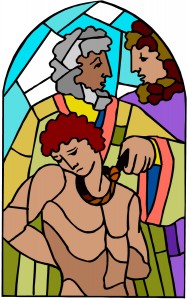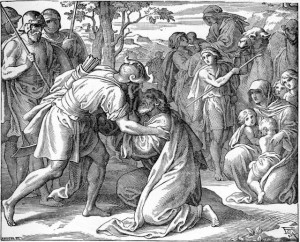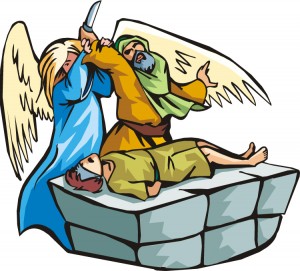Genesis 41:9, YHVH’s timing is perfect. Do you have the trust in YHVH to believe that for your life? Had the chief butler remembered Joseph prior to this how would things have been different for Joseph? Would he have had the chance to interpret Pharaoh’s dream? Would he have returned to Canaan? How would the history of the nation of Israel been different? Would YHVH’s purposes have been fulfilled?
Genesis 41:16, After all Joseph had endured—multiple false accusations, murder attempts, enslavement and imprisonment—a man of lesser spiritual stature than Joseph might have lost his faith in Elohim along the way. In this verse, what is the evidence that he hadn’t given up hope in his Heavenly Father and that he had not lost sight of the dreams and promises that YHVH had made to him many years earlier? As a form of witnessing, do you give honor to YHVH whenever you can—even to strangers? Doesn’t the fact that Joseph was able to do so in front of one of the most powerful monarchs of his day show evidence of his strong and abiding faith in and fear of YHVH even in spite of years of mistreatment and false accusations? Joseph is a powerful and encouraging example to the down-trodden of the world who have been persecuted for the their faith. It is possible to maintain faith in YHVH even in spite of dire circumstances.
Genesis 41:38, A man in whom the Spirit of Elohim is. Would this be the testimony of those heathens around you about you? If not, why? What changes in your life should you make to insure that it would be?







